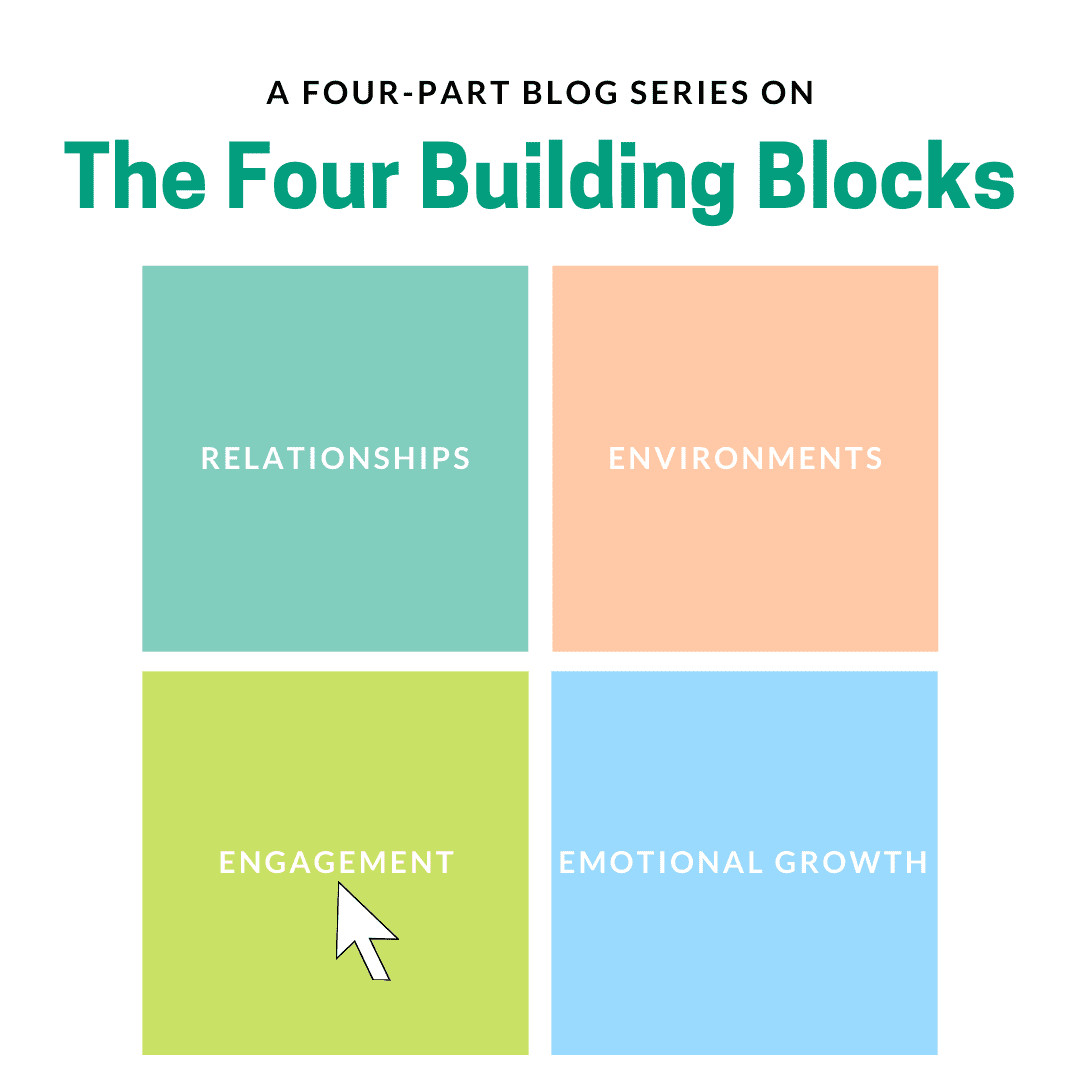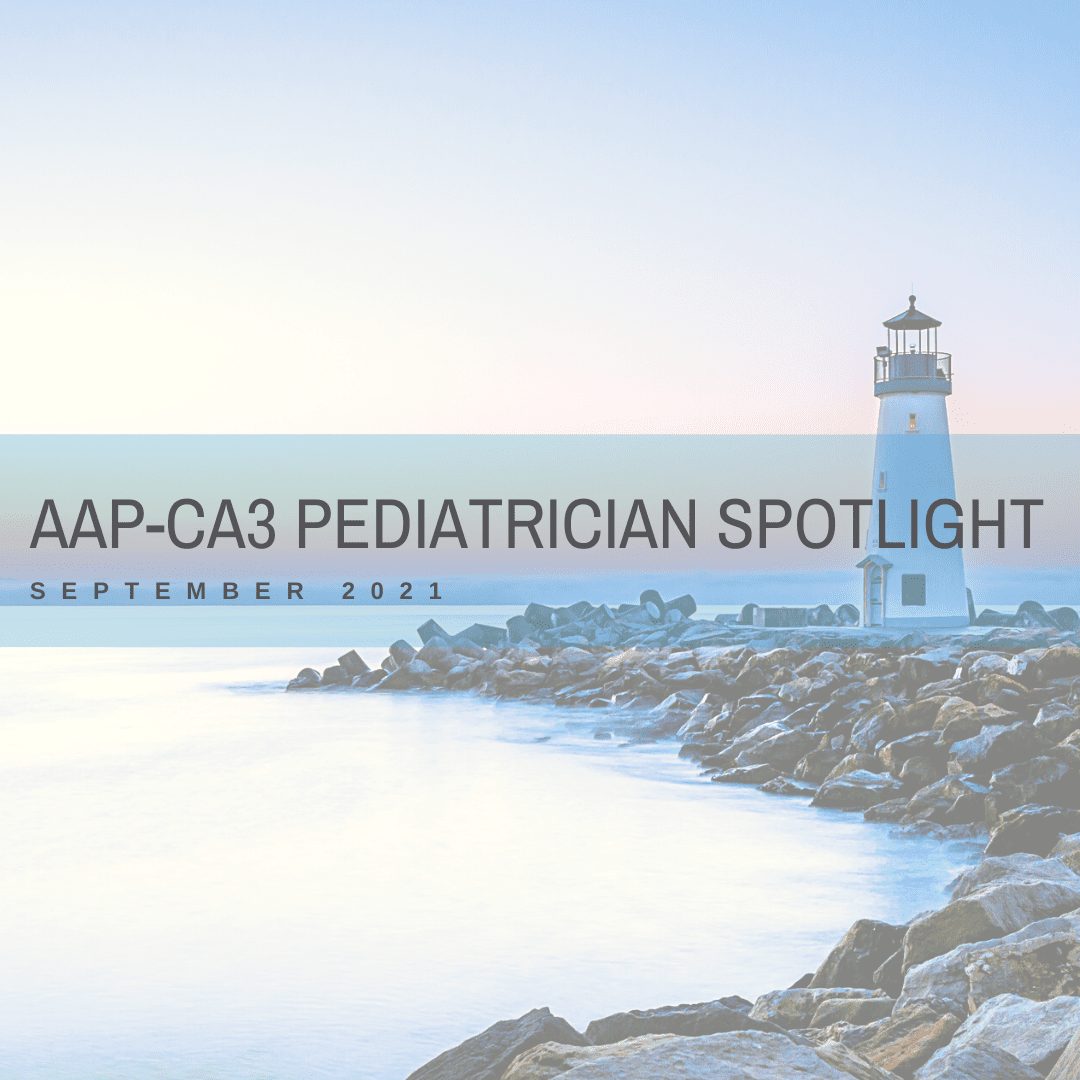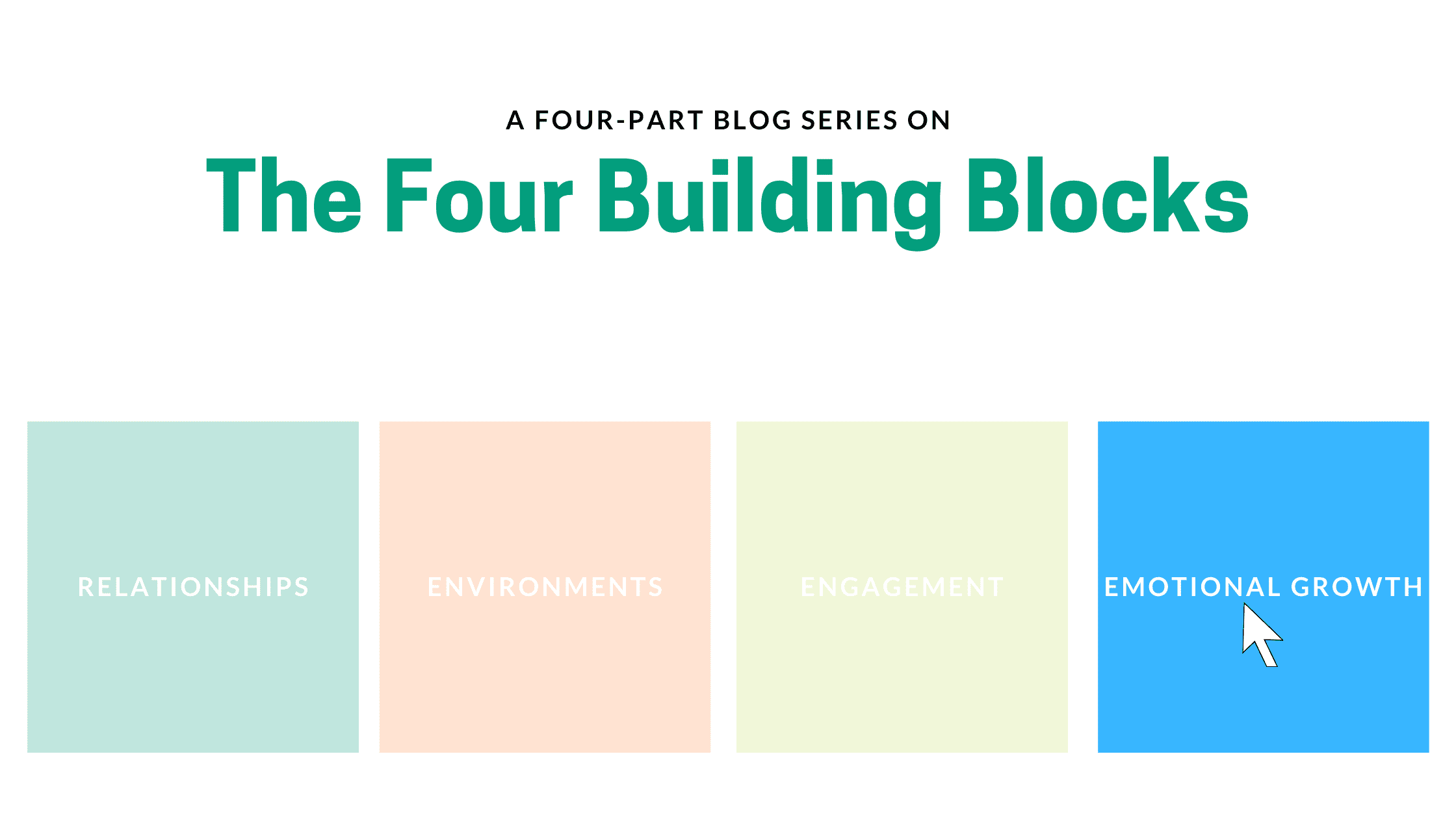


HOPE Series: Social and Civic Engagement to Develop a Sense of Belonging and Connectedness
July 19, 2021












To close out our four-part series on The Four Building Blocks of HOPE, we are examining opportunities for social and emotional growth.
Catch up on the entire series by following AAP-CA3’s blog: https://aapca3.org/category/
Part 1: Supporting Relationships
Part 2: Environments
Part 3: Engagement
Part 4: Emotional Growth

Social and Emotional Growth
Children develop social and emotional growth skills in small steps over time. These skills look like: making friends, expressing emotions in a healthy way, figuring out conflicts peacefully, waiting patiently, and many more. Essentially, these skills are about being able to self-regulate and become resilient, emotionally healthy adults.
Children can acquire these skills naturally through child-centered play, and they can also rely on adults to help name and understand their own feelings. Here are some ways caregivers and educators can create opportunities for social and emotional growth.
Resources